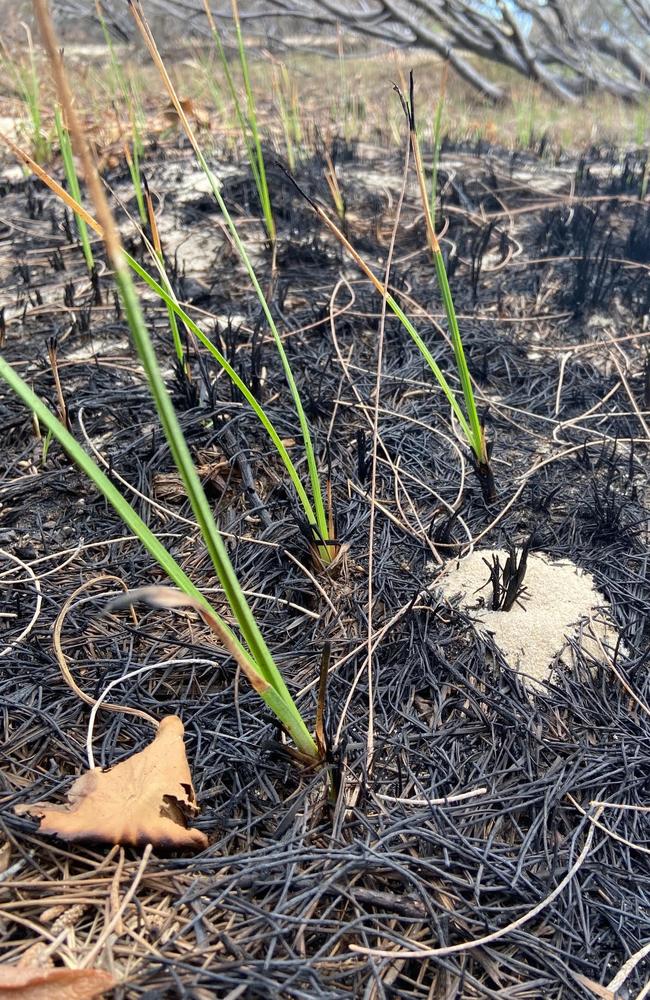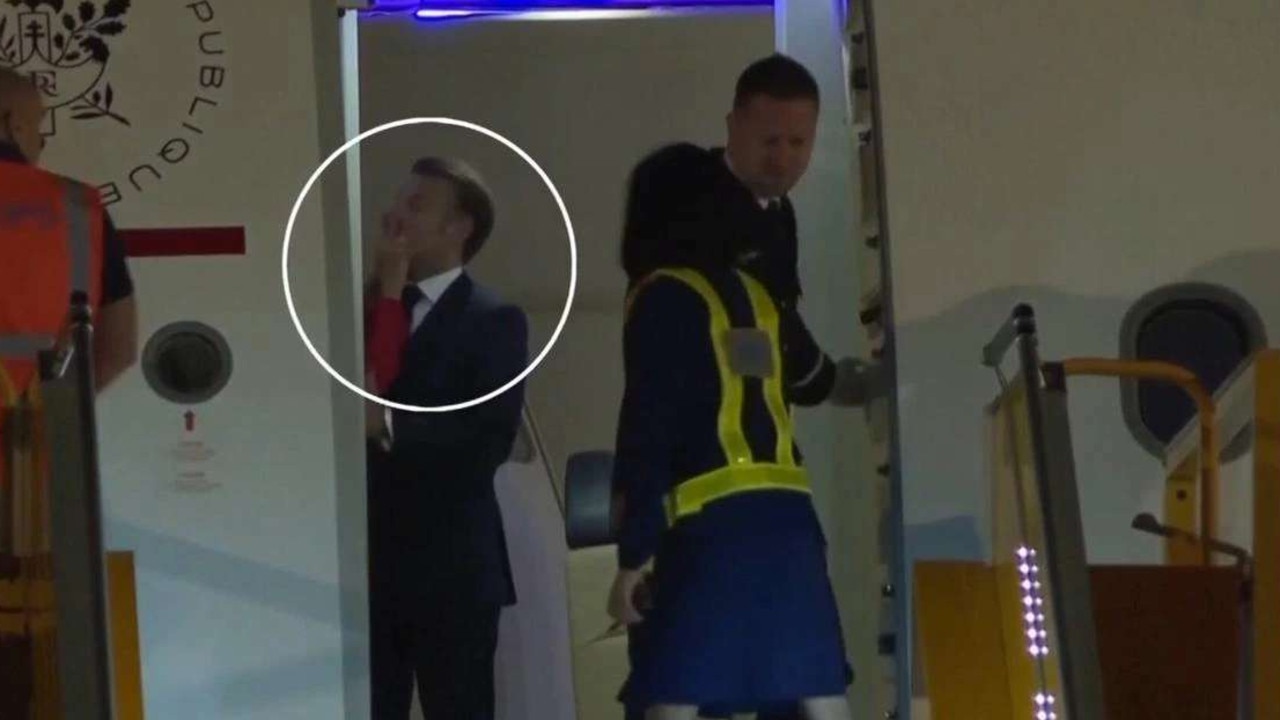Opinion: Shameful bungles by those in charge did little to stop Fraser fire
The Fraser Island blaze that burnt 85,000 hectares and killed precious wildlife was a disaster waiting to happen and shameful bungles by those in charge did little to stop it, writes Kylie Lang.
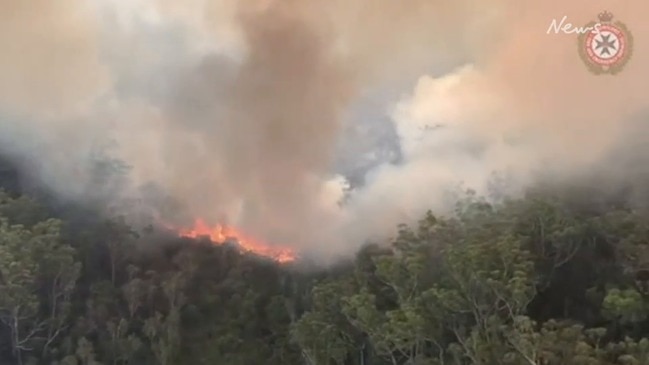
Kylie Lang
Don't miss out on the headlines from Kylie Lang. Followed categories will be added to My News.
We didn’t need another taxpayer-funded review from the Palaszczuk government to reveal the bleeding obvious.
The blaze that devastated Fraser Island, a World Heritage-listed site and Queensland natural treasure, could and should have been avoided.
Precious wildlife needn’t have died, and livelihoods needn’t have suffered.
But mismanagement, underfunding and astonishing incompetence came together in an all too familiar cock-up.
The Inspector-General Emergency Management’s scathing review handed down this week found, among other things, that a bid to use waterbombing aircraft three days after a fire ignited on the island was rejected by Queensland Parks and Wildlife officers.
They thought the blaze wasn’t enough of a threat.
This would be the same blaze that ended up scorching more than half the island.
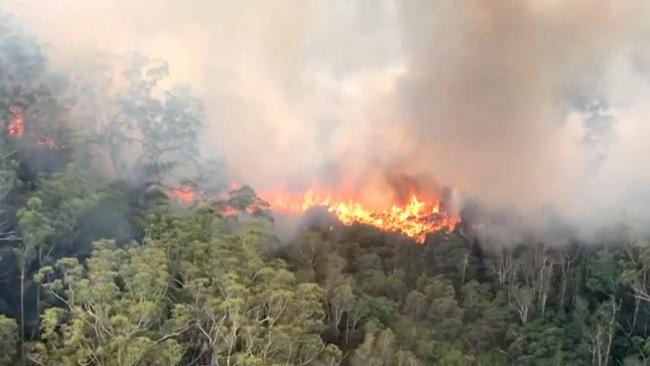
The fire in question, sparked from an illegally lit campfire on October 14, was also deemed too difficult to attack due to dry conditions and inaccessible terrain. Yet in the two months that followed it would burn around 85,000 hectares of natural wonderland, killing wildlife as heartbreaking images were shared around the globe.
Water-bombing, when some bright spark finally twigged it might be a good idea, only started on November 9, some 27 days into the battle.
The $15 million state-leased waterbombing plane, which Premier Palaszczuk boasted could be deployed at a moment’s notice, didn’t show up until November 17.
Even then, its function was limited because another bright spark had let its lease expire, rendering the plane inoperational in critical days following.
Imagine the animals and the terrain that could have been saved.
Kylie Lang: Women are easy targets for trolls
Kylie Lang: Animal abusers belong in prison
Flawed decisions called out by the review also included the rejection of gel and fire suppression foam, and the Butchulla Aboriginal Corporation denying permission for water to be drawn from culturally sensitive freshwater lakes until November 17.
The lack of collaboration and communication couldn’t be clearer. As one business operator told me recently, the state authorities and BAC, which looks after the Butchulla people’s non-exclusive native title rights and interests, are “not singing from the same hymn sheet”.
The review found the QPWS failed to follow procedure for reporting fire movement but that its staff were burdened by a huge workload. In other words, they were colossally out of their depth.
To be fair, rangers aren’t firefighters.
Why Queensland Fire and Emergency Services didn’t take charge until November 27 remains anyone’s guess.
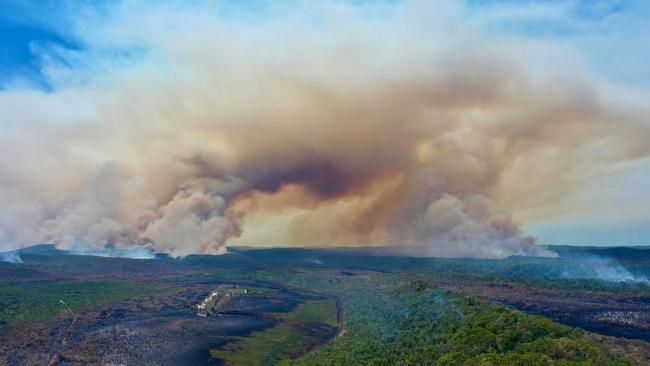
The review has, not surprisingly, urged the QFES to expand its specialist Remote Area Firefighting Team capability “to assist in responding to significant bushfire events which occur in rugged or inaccessible terrain”.
This no-brainer should have been implemented years earlier. Residents have expressed to me their outrage over the mishandling of last year’s crisis.
As one said: “Queensland Parks and Wildlife are beholden to the stupid regulations designed to stop farmers managing their land without big brother approval.
“They are also massively underfunded. The consequence is they don’t maintain fire breaks or undertake the hazard-reduction burning needed to bring back order to the land. They are basically a moribund department overseen by a minister who’s incapable of getting anything done.”
A long-term resident also said the only time the national park behind her home burned was “when the whole thing burned”.
So much for selective, targeted risk management.
Fraser Island and all those who inhabit it – animals included – deserve better than being at the whim of chance and circumstance.
The government has said it will support, or give “in principle” support to, all 38 review recommendations.
Action is what’s required – not platitudes – and the sad reality is this action should have been taken years ago.
Kylie Lang is associate editor of the Courier-Mail
More Coverage
